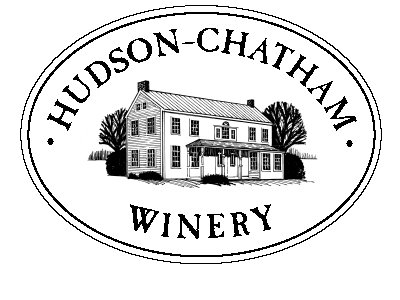
Vermont Maple Syrup Producers Hold Eighth Annual Maple Open
House Weekend
Visitors are welcome at sugarhouses all over Vermont
The Eighth Annual Vermont Maple Open House Weekend will be held at sugarhouses
throughout Vermont, March 27-29, 2009. The Open House Weekend is the public
celebration of the maple syrup season in Vermont and an opportunity for the public to
visit one or more “sugarhouses” throughout the state. Activities during Open House
Weekend will be different at each sugarhouse but will include the opportunity to watch
maple syrup being made (weather permitting) and to often sample maple products.
“Maple sugaring is a rich part of Vermont’s identity and heritage,” said Governor Jim
Douglas. “The Maple Open House Weekend is a quintessential Vermont event that
celebrates this timeless tradition.”
Some sugarhouses offer tours of their “sugarbushes” and some have special activities for
children. No two sugarhouses are the same so people are encouraged to visit more than
one. “There is nothing sweeter than visiting a local sugar house. From the tree to the
table, you’ll see firsthand why Vermonters make the finest maple syrup in the world,”
said Vermont Secretary of Agriculture Roger Allbee.
Maple season in Vermont is a special time when maple producers all around the state
collect sap from sugar maples and boil it down to pure Vermont maple syrup. Steam
billowing from sugarhouse roofs all around the state is a sign that sap is boiling.
Information about all of the participating maple syrup producers including which of the
three days they will be open and directions to their sugarhouses can be found on
www.vermontmaple.org or in the “2009 Vermont Ski & Year-round Maple Syrup Guide”
which can be picked up at any Vermont Welcome Center, or by calling the Vermont
Department of Tourism & Marketing at 800-837-6668.
Also, the Governor’s Tree Tapping event will be held at Middlebury College,
Middlebury, Vermont at 11:00 a.m. on March 6. Governor Jim Douglas is scheduled to
tap a sugar maple tree, celebrating sugaring season in Vermont. The Vermont mobile
sugarhouse will be there with sugar-on-snow, cotton candy and other maple delights
available for the public. There will also be a variety of displays about maple sugaring.
The Vermont Chamber of Commerce has selected the Vermont Maple Open House
Weekend as one of the “Top 25 Events for Kids”.
Vermont is the largest U.S. producer of maple syrup and approximately 500,000 gallons
or 5.5 million pounds of syrup is produced in Vermont annually.







